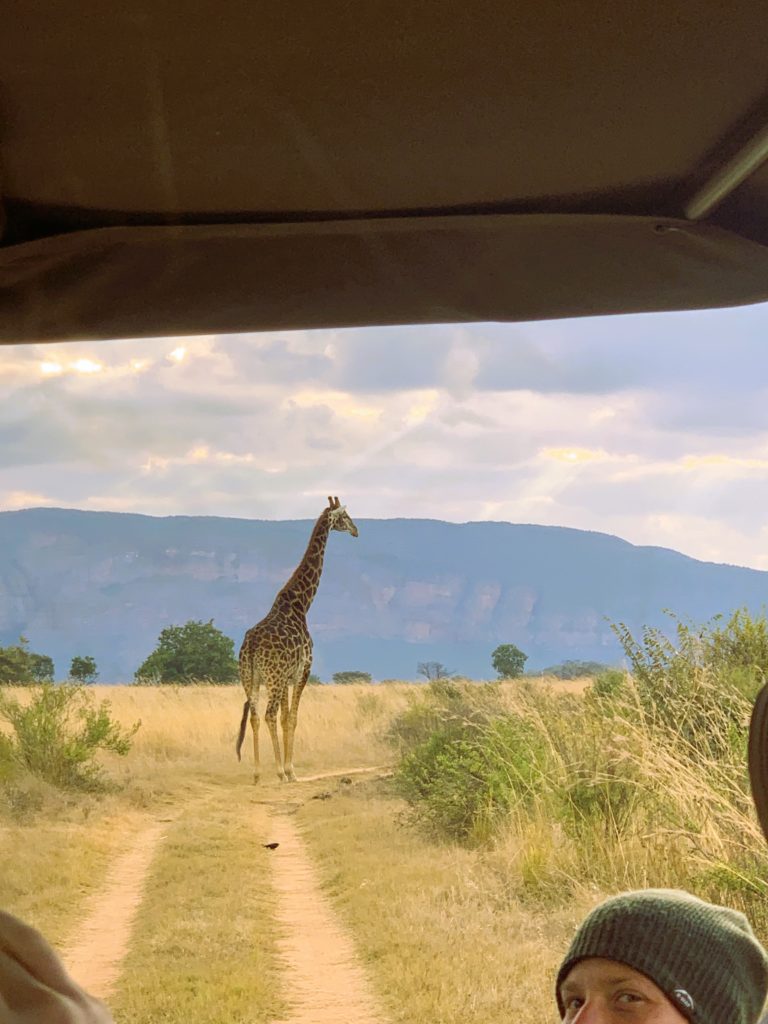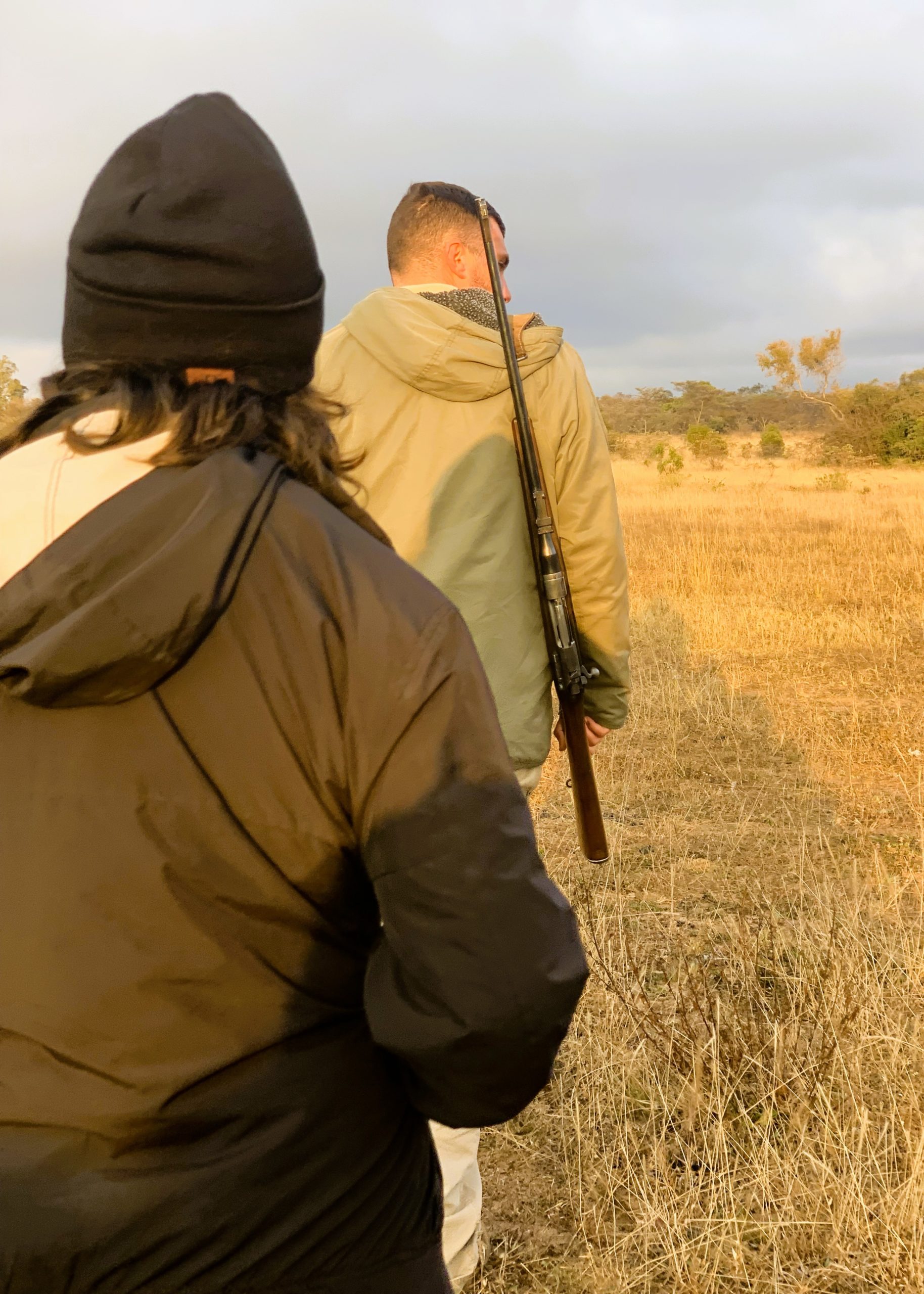What makes us superior? Why do we distance ourselves from the biological fact that we are animals?
We can all say that innovation and technology are central to the human experience today, and access to these infrastructures and opportunities is a right in our society. This creativity has afforded humanity, for the most part, to transcend our inherited place in the circle of life. Many viruses and bacteria which would have previously affected our quality of life significantly are no longer concerns due to medical advancements. Commercial agriculture (albeit very problematic) has provided us security from the dynamic transitions between harvesting seasons and food scarcity in drought and winter. Thinking beyond the tangible, the creation of complex social and economic systems throughout different cultures has also allowed humankind to some degree triumph over the elements. However, in doing so throughout the centuries we have somehow removed ourselves from nature altogether.

I am extremely happy that we decided to do a walking Safari on our final day, it provided a uniquely impactful and more grounding experience. When I reflect on our safari drives and often look back on those photos, I somehow feel distant from the environment. Sitting in the Landcruiser and looking through its open frames sometimes felt as if I was watching an interactive cinematic film from the safety of this large four-wheel machine. Other times I felt slightly predatory, tracking an animal just so that I could see it up close but not personal—but although predatory, initially I would not have even dared to call my feeling ‘animal-like’. The safari drive made me feel like an alien, removed and in a way a thief—stealing precious moments in time that I would not have been able to encounter naturally. Although the thought makes a part of me unsettled, I have no regrets about stealing those precious moments that I will share and treasure in memory (and of course digitally). Contrastingly, on the walking safari although we did not encounter as many animals, there was something about being on the actual ground smelling, kicking, tasting, and touching the soil, plants, and all the shit that made it more visceral—definitely up close and very personal! At that moment I recognized my vulnerability as a mere homo sapien who can be sliced open by a warthog, trampled by wildebeest, and be kicked across the open plain by a zebra—and these are just a few animals that do not even eat meat! I was in their environment, and I would take my place in that social order where even plants became a threat. On the walking safari, I was not just transplanted into nature, but it stripped me of all the ‘power’ I had over nature itself. However, the animals were oblivious to my vulnerability, and in fact, relinquished their power to a small herd of slow two-legged monsters. Julian’s words from the day before then resonated, that once a lion finds out that we are a slower and less adapted food source it must be put down. It is only after that most likely desperate kill that the lion’s relationship with us will change. In the animals’ eyes, our place in the hierarchy does not exist until it matters to their survival.
The ability to manipulate and exploit nature has assured the continuity of the human species, but this creativity is not unique to us. Today Julian spoke so passionately about how much he respected and was awed by the various plant and animal relationships and adaptations. By learning about the dung beetles’ resourcefulness, the butcher bird’s masochistic tendencies, and various plant defense mechanisms I found a new way to connect to and admire my very distant relatives for their innovation and creativity. The relationship that I found most compelling was that between the termites and the fungi which they farmed to digest cellulose into their food source. However, this relationship had a knock-on effect, creating an ideal micro-climate and nutrient-rich soil that caused trees to proliferate. Termites despite their size have a large impact on the soil conditions, which influenced vegetation density and distribution which then impacts the rest of the food chain. “Everything is actually more connected than we think,” Julian said after explaining this ecosystem dynamic. Therefore, our superiority whether or not it exists, or is our own creation is irrelevant, but what is important to me is the impact we have on the circle of life that sustains us all. From my approximation, the termites are doing a much better job than us!


